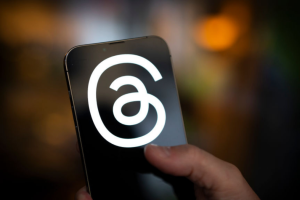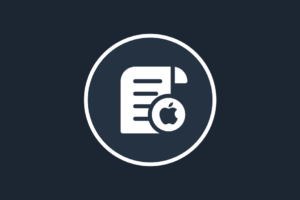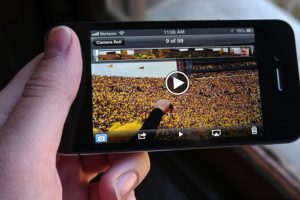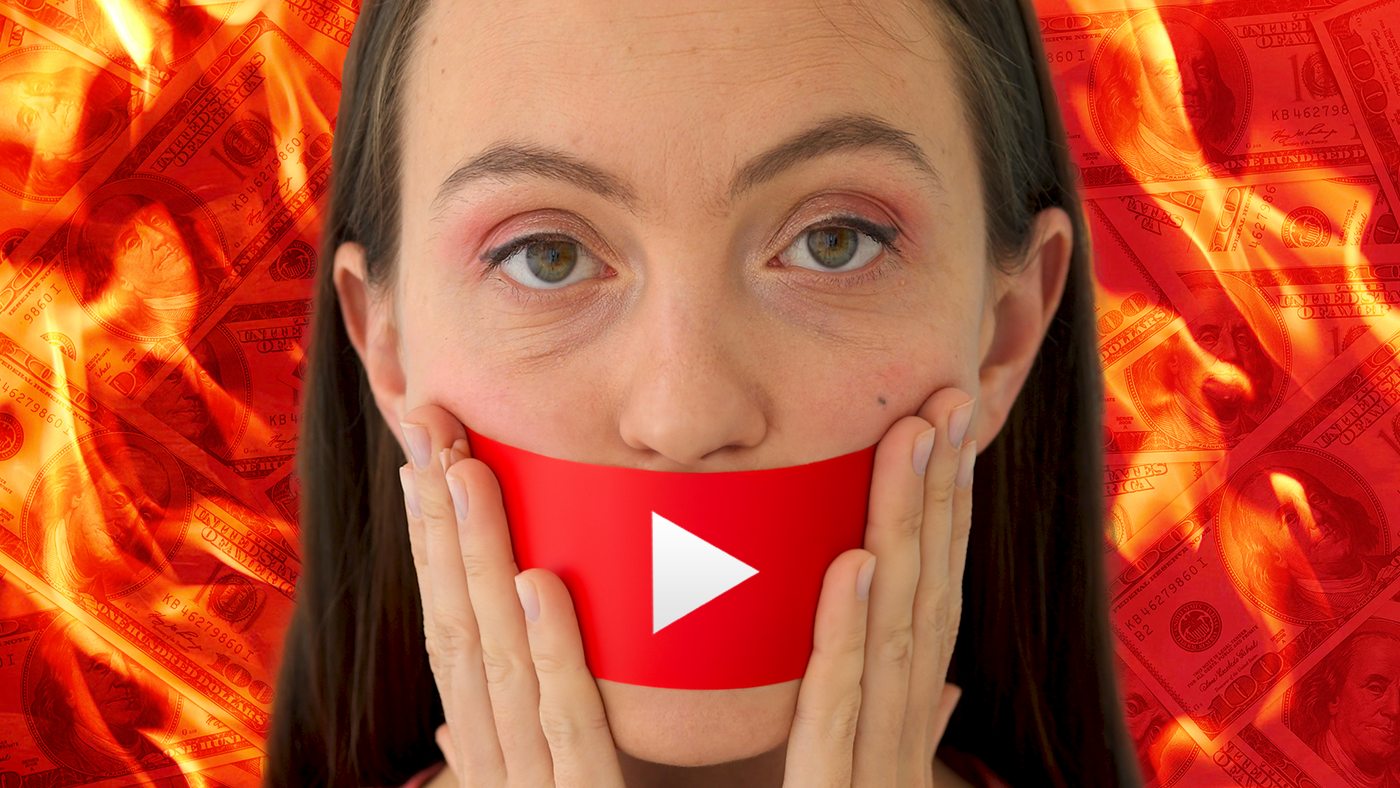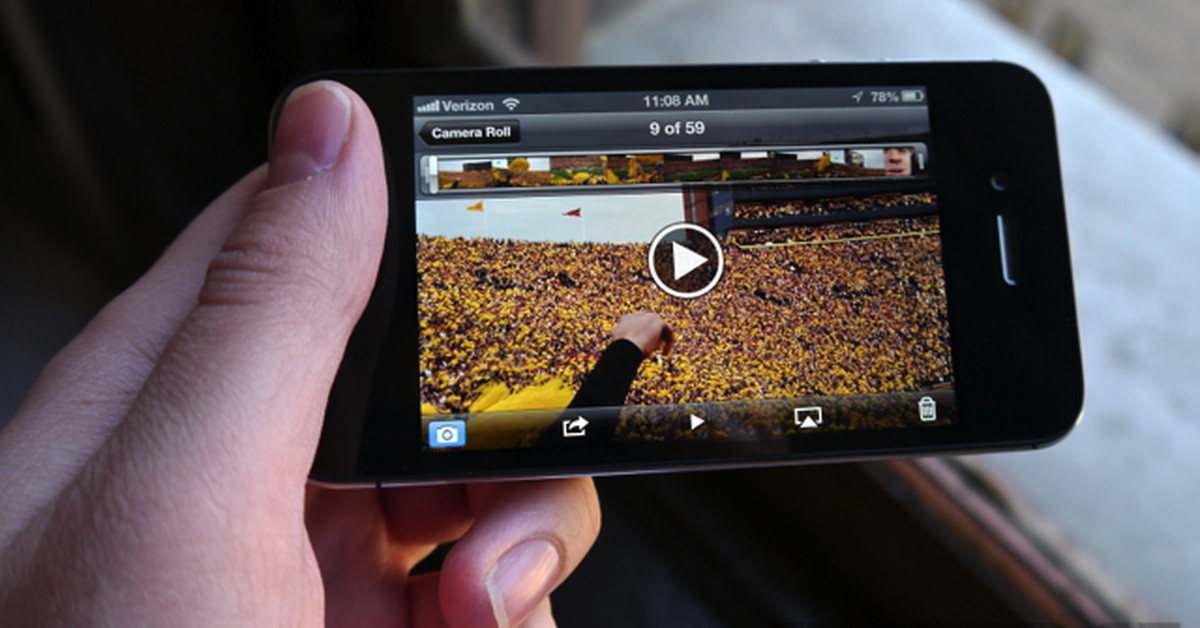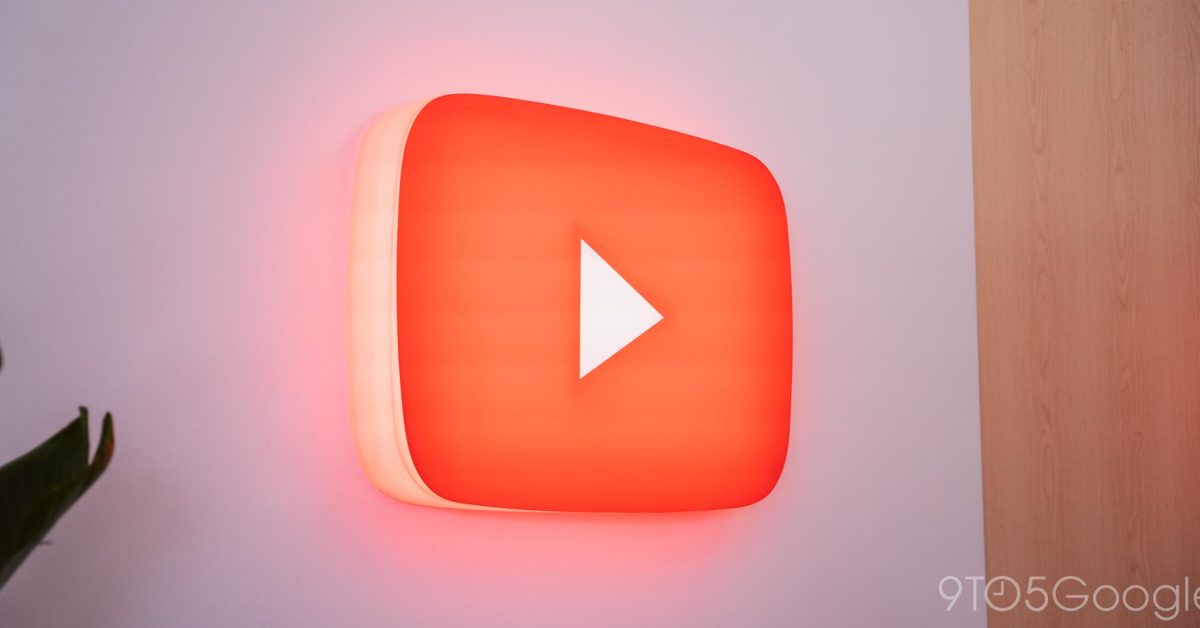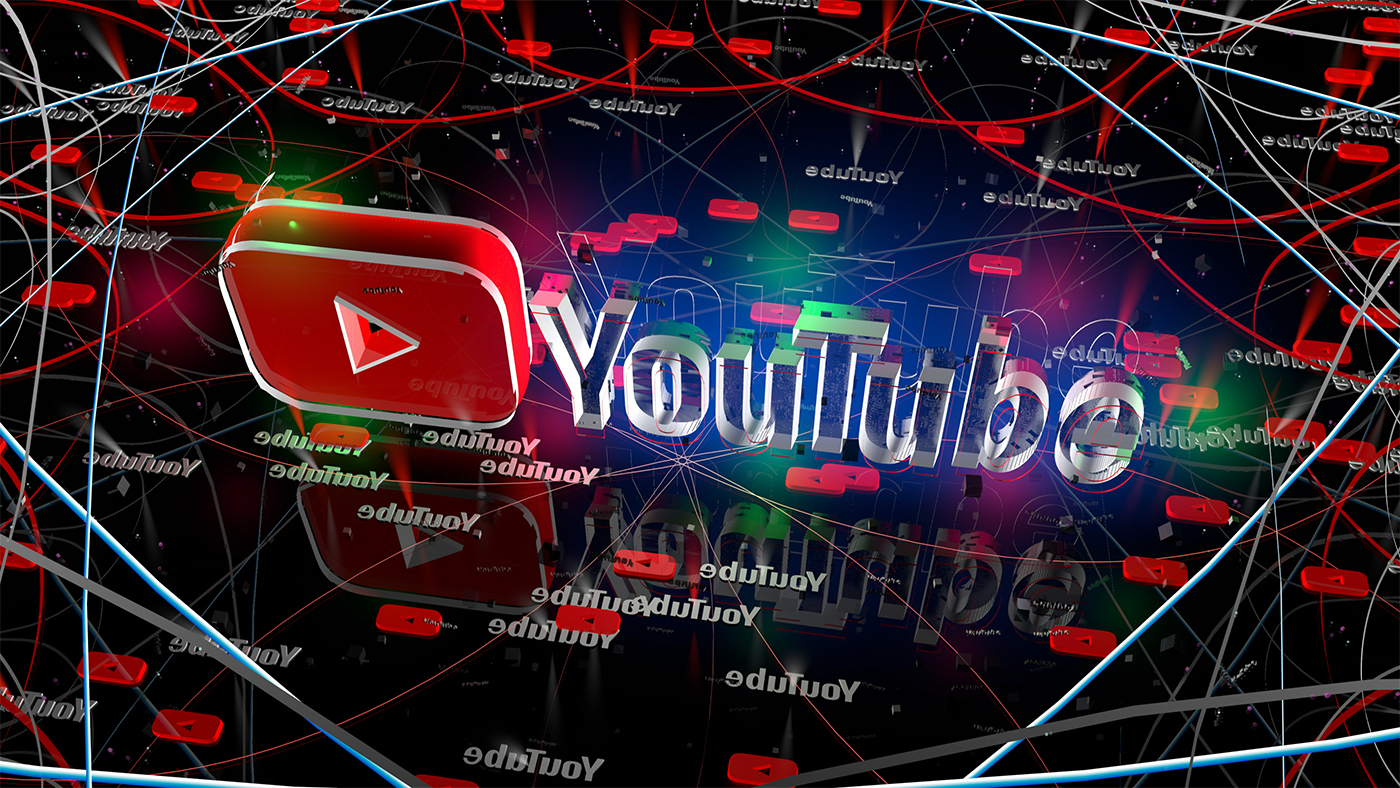In a nutshell
- Monetization on YouTube is heavily influenced by context, as outlined in the advertiser-friendly guidelines and the AdSense Program policies.
- The use of specific language and topics, particularly those deemed inappropriate or controversial, can lead to demonetization or limited ad revenue.
- Adherence to the YouTube Community Guidelines and advertiser-friendly content guidelines is crucial for creators to avoid demonetization.
If you’ve been hanging around YouTube for a while, you’ve probably heard creators reference their fear of demonetization when talking about certain topics. Discussing anything controversial, it seems, can lead to a loss in AdSense revenue. However, there continues to be confusion about what exactly will trigger demonetization on a video. Let’s take a look at the YouTube monetization guidelines and some of the topics that will get your YouTube video immediately demonetized.
YouTube’s advertiser-friendly content guidelines
When figuring out what you can and can’t talk about on YouTube, your first stop should be the advertiser-friendly YouTube content guidelines page. These guidelines list 14 categories of content considered unsafe for advertisers. For each category, the guidelines explain exactly which topics can be monetized, which can earn limited ad revenue and which will earn no ad revenue at all.
For instance, under the Firearms-related content, the guidelines state that content showing unmodified guns used in a safe environment can be monetized. Content showing guns used outside of a controlled environment may earn limited ad revenue. However, content about unsafe gun use or gun modification, creation or selling can’t earn ad revenue. As the guidelines emphasize, context is important.
In addition to the advertiser-friendly guidelines, your content must also follow the AdSense Program policies or risk AdSense account deactivation. You must also follow the YouTube Community Guidelines, even when not monetizing your content. If you don’t, YouTube may remove your video or close your account altogether.
Words that will lead to demonetization
Creators have spent a lot of time trying to figure out the specific list of words that will get your content demonetized. Andrew Platt even put together an extensive list of banned words, including seemingly innocuous language like “academic” and “vulture.” Rather than providing a helpful list of words to avoid, the document serves to highlight the arbitrary nature of YouTube demonetization. If you successfully avoided every word on this list, you wouldn’t have much left to talk about. In reality, this list is speculative at best. Again, context matters.
However, there are certain words that YouTube explicitly identifies as unacceptable to advertisers under the Inappropriate language category. This includes strong profanity, like the f-word, used in video thumbnails and titles. However, YouTube has recently loosened restrictions on profanity overall. Now, videos with strong profanity in the first seven seconds or moderate profanity, like “shit,” in the title or thumbnail will still be able to earn limited ad revenue. Videos with mild to moderate profanity, including abbreviated and censored profanity are eligible for full monetization.
Keep in mind, however, that content considered hateful or derogatory will likely also be demonetized, specifically hate or harassment towards individuals or groups. YouTube does make exceptions for potentially offensive content used for educational or reporting purposes and content that simply references a protected group or critiques an individual’s opinions or actions.
YouTube also states that “Content that is gratuitously incendiary, inflammatory, or demeaning may not be suitable for advertising,” emphasizing that context and intent matter when it comes to advertiser suitability.
Controversial topics and sensitive events need the right context
YouTube also highlights coverage of controversial issues and sensitive events as potential grounds for demonetization. Even if the content is purely commentary or contains no graphic imagery, it can still get demonetized. Indeed, right at the top of the page, there is an update regarding the war in Ukraine:
“Due to the war in Ukraine, content that exploits, dismisses, or condones the war is ineligible for monetization until further notice.”
This is just one example of content YouTube considers sensitive or controversial. Again, as repeated throughout the guidelines, context is important. YouTube will monetize content it deems “authoritative” news reporting in a journalistic or documentary context. However, glorifying violence or tragedy will result in demonetization, as will harmful misinformation about people or events.
Be wary of violent and shocking content
Speaking of violence, this is another topic that can lead to demonetization. However, there are lots of exceptions here, as well. Of course, graphic content without educational merit can’t earn ad revenue. That includes any incitement to or glorification of violence. On the other hand, non-graphic depictions of violence may be acceptable in the right content. Video game violence after the first 15 seconds is also eligible for monetization, as long as it doesn’t include prohibited themes or exaggerated or “manufactured” violence.
Shocking content is defined as “content that may upset, disgust, or shock viewers.” This includes things like gruesome gore, uncensored graphic medical procedures and upsetting presentations of injuries, among other things. Again, censored content in an educational context could still be eligible to earn ad revenue.
NSFW content can lead to demonetization
Generally, content considered “not safe for work” is probably also not safe for advertisers. This includes tips, how-tos, sexual innuendos and the usage of emoticons or emojis in text representing sexual body parts or acts. That includes comedy channels as well as more serious discussions. Romance and kissing, relationships and sexuality without reference to intercourse and non-graphic sex education are all fair game, but uncensored nudity and anything meant to arouse the audience are off-limits.
Other NSFW content includes recreational drugs and related content. YouTube will demonetize any content promoting or glorifying drug use. We’ll put tobacco-related content in this category as well, though promoting tobacco and tobacco accessories will likely only result in limited ads, not complete demonetization.
YouTube will ban certain prank videos
Under the harmful acts and unreliable content category, YouTube includes acts that should not be imitated. Unfortunately for pranksters, many prank videos will fall into this category. YouTube may also demonetize pranks for “enabling dishonest behavior,” like trespassing.
Other topics to avoid include the glorification of high-risk or dangerous acts, excessively graphic fail compilations, harmful misinformation, non-educational content focused on terrorism and the promotion of drug use including illegal drugs as well as promoting alcohol and tobacco to minors.
Demonetized for other reasons
Your behavior outside the platform can also result in your entire channel being demonetized. YouTube will demonetize a channel if the creator hurts the company’s image. For example, Logan Paul temporarily lost monetization after posting his infamous Suicide Forest video.
Read the guidelines to avoid demonetization
This is just a summary of the topics that could get your video demonetized. However, if you are concerned about demonetization, we highly recommend reading through the entirety of the advertiser-friendly content guidelines page as well as the Community Guidelines. The guidelines go into deep detail about what is and isn’t monetizable with lots of concrete examples. And, if you feel your video has been demonetized unfairly, you can always request a human review of your content. Overall, with the right context and intent, you can keep your videos safe from demonetization.
